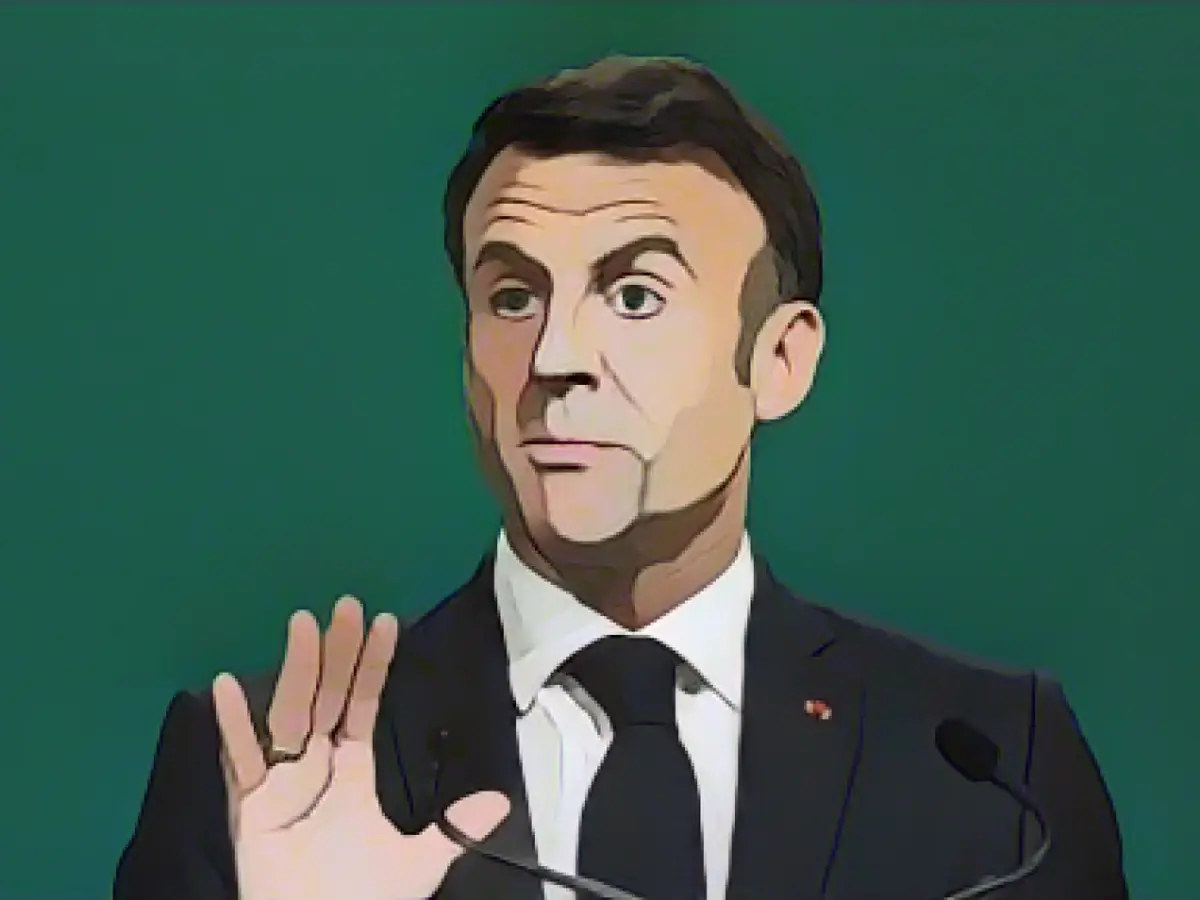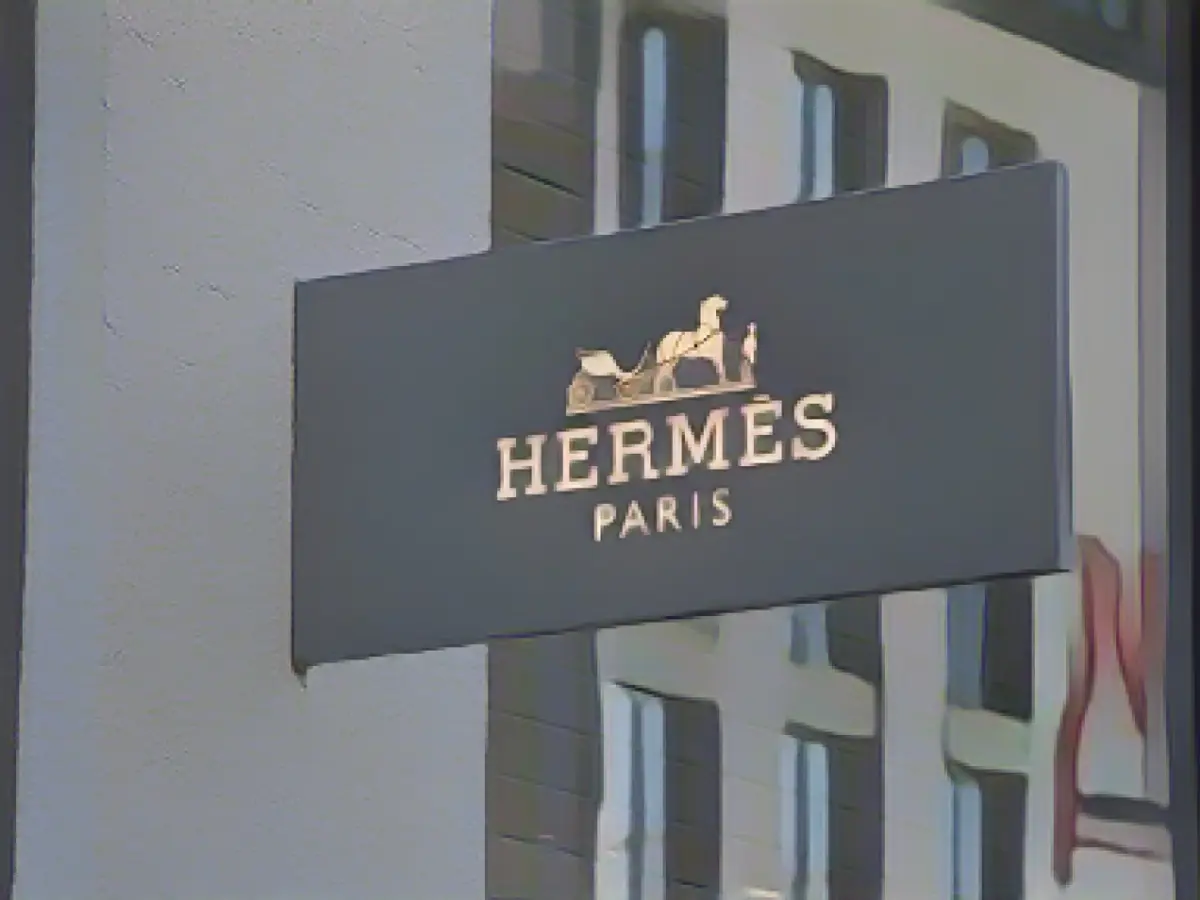France Face Intense Pressure Post-Immigration Law Adoption
The French government, led by President Emmanuel Macron, continues to feel the heat even after the controversial immigration law was approved by parliament.
The passing of the law led Health Minister Aurélien Rousseau to resign, with reports suggesting he was an opponent of the stricter legal text. This move adds to the growing internal disputes within the government camp that now need to be resolved. As per sources, Macron is expected to address the law today.
The law aims to strengthen immigration control and improve integration. However, the implemented text is drastically more stringent than initially proposed. The modifications include delaying social benefits for regular migrants, annual immigration quotas debate in parliament, and reintroducing the criminal offense of irregular residence, abolished under Socialist President François Hollande in 2012.
Deepening Tensions
Before the parliamentary vote, rumors indicated that several left-wing government ministers were considering resigning. Newspapers Le Figaro and Le Parisien reported that the acceptance of Rousseau's resignation was uncertain.
Macron's centrist camp, previously holding an absolute majority in the French National Assembly, lost this position following the parliamentary elections in June 2022. Consequently, Macron's government now depends on opposition votes to pass its plans.
An Imperfect Compromise
The conservative Républicains and the right-wing nationalist Rassemblement National rejected the legislative text in the National Assembly. Before the plenary debate, the centrist government attempted to reach a compromise in a commission to secure the conservatives' approval. This move also faced internal resistance.
Navigating Challenges
On the evening of Tuesday, the Senate, the upper house of the French parliament, approved the project, but with much opposition. In the National Assembly, 349 MPs voted in favor of the text, while 186 voted against. MPs from Macron's camp voted among the opposition.
This voting behavior is expected to be reviewed extensively today. Although the Rassemblement National failed to pass the bill last week, RN MPs ultimately voted in favor of the project, putting pressure on the Macron camp.
Interior Minister Gérald Darmanin insisted that the bill's approval was not solely due to the RN's votes, even though the majority without RN support was large.
In-Depth Analysis
The unease surrounding France's new immigration law is multifaceted and reflects deeper societal, political, and economic tensions in France. Here are the key reasons and implications:
Reasons for Pressure
- Controversial Immigration Law:
- Marriage Ban for Undocumented Immigrants: The law, restricting undocumented immigrants from marrying in France, faces criticisms for being unconstitutional. The move aims to prevent sham marriages, but opposition parties argue that it amplifies xenophobia and racism.
- Questioning Constitutionality: Critics question the law's constitutionality, citing a 2003 ruling by the French Constitutional Council that irregular status should not hinder marriage.
- Internal Dissent and Political Instability:
- Macron's Presidency Under Fire: Macron's leadership is facing a deepening crisis due to public discontent. Mounting dissatisfaction, coupled with diplomatic blunders, has resulted in mass protests, strikes, and plummeting trust in the government.
- International Fallout: External challenges, such as diplomatic rows, have further damaged France's global standing and highlighted its colonial legacy's vulnerabilities.
- Economic and Social Unrest:
- Economic Stagnation: Rising unemployment, public debt, and declining living standards contribute to a sense of hopelessness among French citizens. Government policies appear detached from the realities on the ground, making viable solutions elusive.
- Labor and Pension Issues: The "yellow vest" protests, focusing on fuel taxes, have evolved into broader critiques of Macron’s policies and have raised concerns over growing inequality and skepticism towards his economic vision.
- Internal Political Maneuvering:
- Government Instability: Macron's four cabinet reshuffles in 2024 indicate government instability. This lack of strategic direction and leadership has impaired decision-making and further eroded trust in the government.
- Opposition's Ascendancy: Opposition parties are capitalizing on Macron’s low approval ratings, urging new elections and advocating alternative political paths.
Implications
- Political Chaos and Instability:
- The crisis of confidence in Macron's government is a symptom of deeper structural issues facing France. This instability may spark prolonged political and social chaos with far-reaching consequences.
- Impact on Immigration Policy:
- The immigration law, implementing stricter border controls, risks exacerbating the administrative and job precarity experienced by undocumented immigrants. NGOs and immigrant rights defenders condemn the measure, arguing it stigmatizes and isolates these individuals.
- Macron's Leadership under Scrutiny:
- Macron's defiance in the face of relentless demands for his resignation reflects his resilience but may not be enough to weather the storm. His approval ratings are diving, and trust in his leadership is eroding. The French public feels increasingly disconnected from his policies and the opposition is gaining momentum.
In conclusion, the challenges facing France's government amidst the ongoing immigration law debate are complex and multifaceted, stemming from deeper societal, political, and economic tensions in France. The implications of this crisis are far-reaching, with the possibility of prolonged political and social chaos that could reverberate beyond France's borders.







